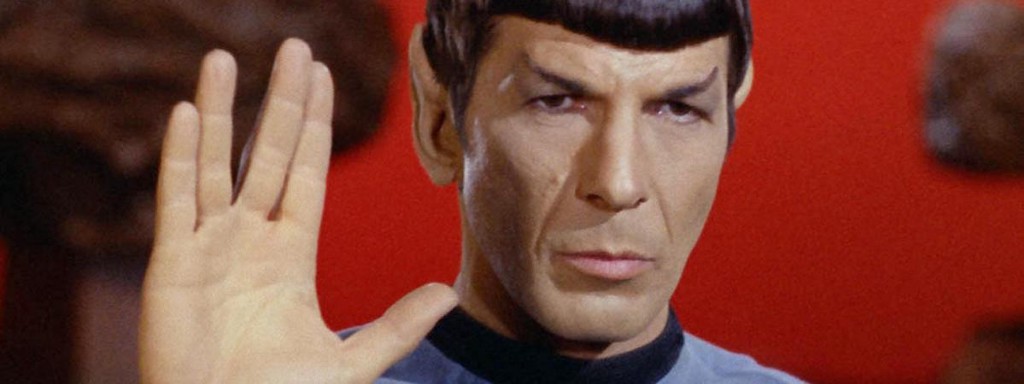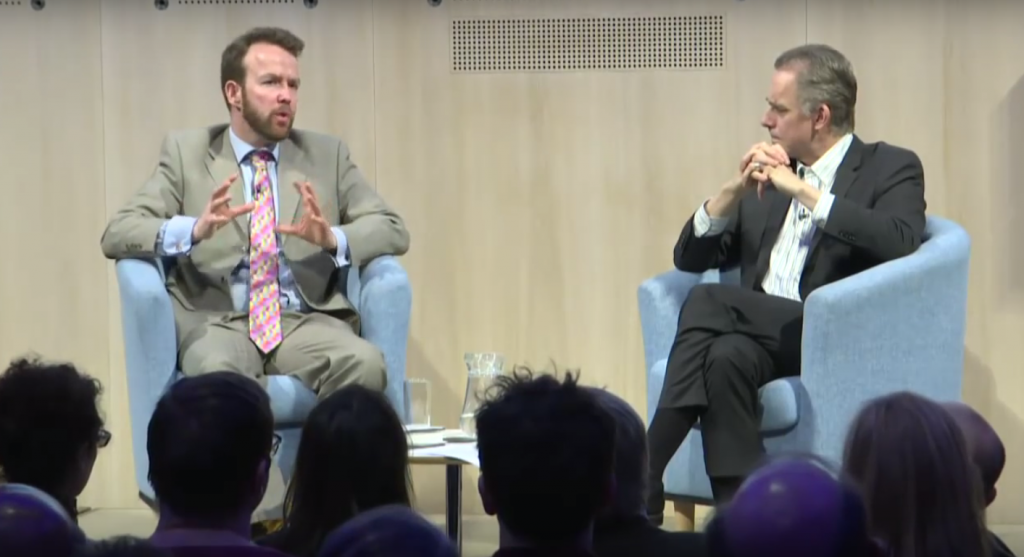
By: The Posts Author | Posted on: 28 May 20
Beauty has become an ugly little word. Because we’ve got it all wrong.We think it is waxed bodies, engineered curves, or a youthful glow. But real beauty not, as Byung-Chul Han says in his wonderful essay Saving Beauty, a kind of smooth surface without any depth or pathos. Real beauty is something that strikes us with blows.What is called beauty in the digital age is actually porn—an instant gratification of the senses that erases intimacy. And most of what we ingest in the digital age is porn in one way or another—including news, tv, and nature shows, it’s largely the sensation
Beauty has become an ugly little word. Because we’ve got it all wrong.We think it is waxed bodies, engineered curves, or a youthful glow. But real beauty not, as Byung-Chul Han says in his wonderful essay Saving Beauty, a kind of smooth surface without any depth or pathos. Real beauty is something that strikes us with blows.What is called beauty in

By: The Posts Author | Posted on: 11 May 20
Awakening from The Meaning Crisis (Episodes 49,50) commentary. Concluding Remarkshttps://youtu.be/kkykBqApP4AMaking my way through the 50 videos of ‘Awakening From The Meaning Crisis’ has been similar to reading a big fat 19th Century Novel—even if John Vervaeke’s style is much more hospitable and congenial than that of Fyodor Dostoevsky. The series is intricate, highly conceptual, but at the same time Vervaeke is on fire with dramatic urgency. I suspect most people will give up listening at around episode 20 due to the conceptual complexity of the series, but the hard core listener will be rewarded richly if he or she can
Awakening from The Meaning Crisis (Episodes 49,50) commentary. Concluding Remarkshttps://youtu.be/kkykBqApP4AMaking my way through the 50 videos of ‘Awakening From The Meaning Crisis’ has been similar to reading a big fat 19th Century Novel—even if John Vervaeke’s style is much more hospitable and congenial than that of Fyodor Dostoevsky. The series is intricate, highly conceptual, but at the same time Vervaeke

By: The Posts Author | Posted on: 26 Apr 20
A short commentary on John Vervaeke’s Awakening from The Meaning Crisis (Episodes 46, 47, and 48)https://youtu.be/qrkqopjEceUKairosIn the final episodes of ‘Awakening from The Meaning Crisis’ series, John Vervaeke proposes certain ‘prophets of the meaning crisis’? But what does he mean by prophet? And who are the prophets we should listen to—as one world falls apart and we move into a brave new world with all its dystopian and utopian possibilities?The prophet sees the kairos, which means a threshold or turning point in history. He or she is not a fortune teller or an occultist in Vervaeke’s formulation, but more like a
A short commentary on John Vervaeke’s Awakening from The Meaning Crisis (Episodes 46, 47, and 48)https://youtu.be/qrkqopjEceUKairosIn the final episodes of ‘Awakening from The Meaning Crisis’ series, John Vervaeke proposes certain ‘prophets of the meaning crisis’? But what does he mean by prophet? And who are the prophets we should listen to—as one world falls apart and we move into a brave

By: The Posts Author | Posted on: 5 Mar 20
RationalityA short commentary on John Vervaeke’s Awakening from The Meaning Crisis (Episodes 40, 41, and 42)To be rational usually means to be good at logical games, to be able to see through cognitive bias, to make empirical arguments, to score high on an IQ test. However, John Vervaeke tells us that this common view of rationality is narrow; it has, over time, been divorced from relevance or depth. But rationality can’t be reduced to logical or propositional knowing, just as wisdom can’t be reduced to mere intelligence. Rationality has more to do with ‘relevance realisation’ and wisdom than mere logic.Aristotle’s rationality included
RationalityA short commentary on John Vervaeke’s Awakening from The Meaning Crisis (Episodes 40, 41, and 42)To be rational usually means to be good at logical games, to be able to see through cognitive bias, to make empirical arguments, to score high on an IQ test. However, John Vervaeke tells us that this common view of rationality is narrow; it has, over

By: The Posts Author | Posted on: 1 Mar 20
“The Rule is: Don’t go to king’s landing if you are Ned Stark“— Jordan HallNed Stark from The Game of ThronesThere has been a rather heady conversation online of late about the possibility of a new paradigm emerging, or what has been called ‘Game B civilisation’. Game B, originally the brainchild of Jordan Hall, Jim Rutt and others, has come online as a utopian project. But what precisely is Game B? Hard to say exactly. Here is a definition from the Game B wiki:“Game~B is a memetic tag that aggregates a myriad of visions, projects and experiments that model potential future civilisational forms.
“The Rule is: Don’t go to king’s landing if you are Ned Stark“— Jordan HallNed Stark from The Game of ThronesThere has been a rather heady conversation online of late about the possibility of a new paradigm emerging, or what has been called ‘Game B civilisation’. Game B, originally the brainchild of Jordan Hall, Jim Rutt and others, has come online as

By: The Posts Author | Posted on: 15 Feb 20
The emergency is about the urgency to act. The crisis is about the need to transform. The meta-crisis is the tenacity of our inertia.Continue reading on Medium »
The emergency is about the urgency to act. The crisis is about the need to transform. The meta-crisis is the tenacity of our inertia.Continue reading on Medium »

By: The Posts Author | Posted on: 14 Feb 20
The emergency is about the urgency to act. The crisis is about the need to transform. The meta-crisis is the tenacity of our inertia.Continue reading on Medium »
The emergency is about the urgency to act. The crisis is about the need to transform. The meta-crisis is the tenacity of our inertia.Continue reading on Medium »

By: The Posts Author | Posted on: 5 Feb 20
A commentary on Venkatesh Rao’s article: The Internet of BeefsI’d like take a crack at a neologism invented by Venkatesh Rao called The Internet of beefs in his article of the same title. I’d also like to balance his idea of a beef only player, with a salad only player—to contrast the aggressive vs the passive aggressive type.Rao’s hilarious, creative, scary, and forensic social commentary is brilliant and exhaustive—and at best I can only direct readers to his essay, and hopefully add a footnote. However, my only critique is that he makes too much of the beef only who is really
A commentary on Venkatesh Rao’s article: The Internet of BeefsI’d like take a crack at a neologism invented by Venkatesh Rao called The Internet of beefs in his article of the same title. I’d also like to balance his idea of a beef only player, with a salad only player—to contrast the aggressive vs the passive aggressive type.Rao’s hilarious, creative, scary,

By: The Posts Author | Posted on: 5 Jan 20
https://medium.com/media/90355a347534ef63c06ef372fbd4be9d/hrefMy talk for the ( æthos ) Salon Series: Intuition as Sensemaking event held on November 4. It’s about linking perceptual learning to intuition and in so doing starting to frame an account of the genesis of intuitive abilities, or, as I’m framing it, a process we could call intuition-making. Full notes below.I’m trying to land us in a place where we can talk meaningful about some aspects of intuition-making as part of the larger sense-making process.So, I’m going to speak a little bit about intuition and its characteristics, I’ll move into the history of perceptual learning as an idea, and
https://medium.com/media/90355a347534ef63c06ef372fbd4be9d/hrefMy talk for the ( æthos ) Salon Series: Intuition as Sensemaking event held on November 4. It’s about linking perceptual learning to intuition and in so doing starting to frame an account of the genesis of intuitive abilities, or, as I’m framing it, a process we could call intuition-making. Full notes below.I’m trying to land us in a place where

By: The Posts Author | Posted on: 1 Mar 19
Jordan Petersonitis: Intellectual and emotional discomfort caused by the perceived need to reach an informed view on the significance of Jordan Peterson’s cultural contribution, but being unable to, despite considerable effort.Jonathan Rowson in conversation with Jordan Peterson at the RSA on January 16 2018.****This is a truncated version of what was previously on this page because the full paper is now published at https://integral-review.org/an-epistemic-thunderstorm-what-we-learned-and-failed-to-learn-from-jordan-petersons-rise-to-fame/ ***Jordan B. Peterson is easily misunderstood. He is a clinical psychologist and Professor of Psychology at the University of Toronto but is now known as a forceful cultural commentator who emphasizes the value, depth, and dignity of
Jordan Petersonitis: Intellectual and emotional discomfort caused by the perceived need to reach an informed view on the significance of Jordan Peterson’s cultural contribution, but being unable to, despite considerable effort.Jonathan Rowson in conversation with Jordan Peterson at the RSA on January 16 2018.****This is a truncated version of what was previously on this page because the full paper is now







